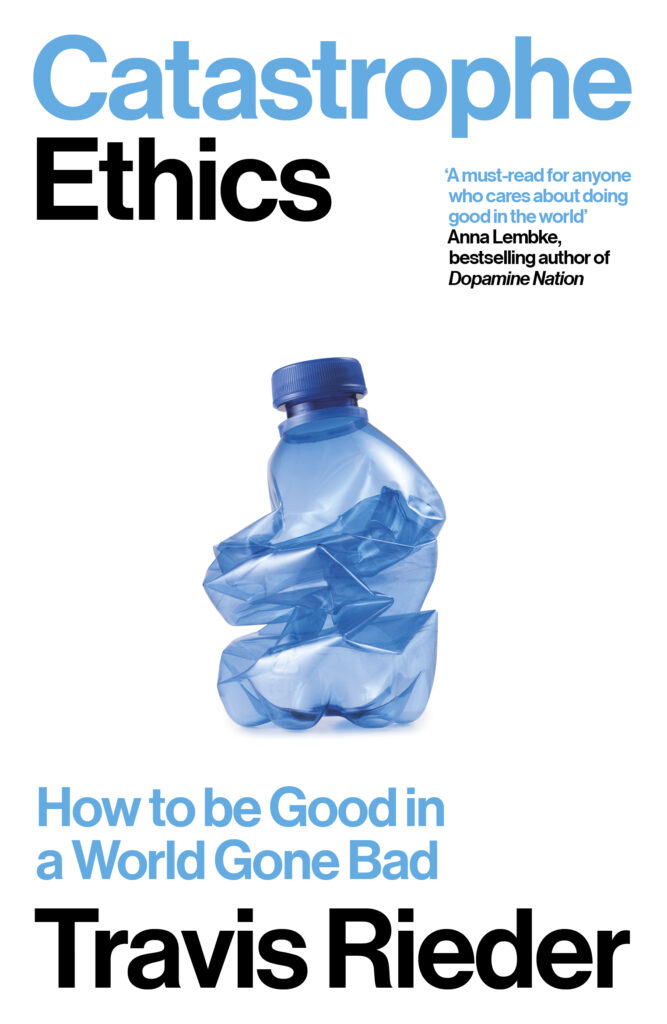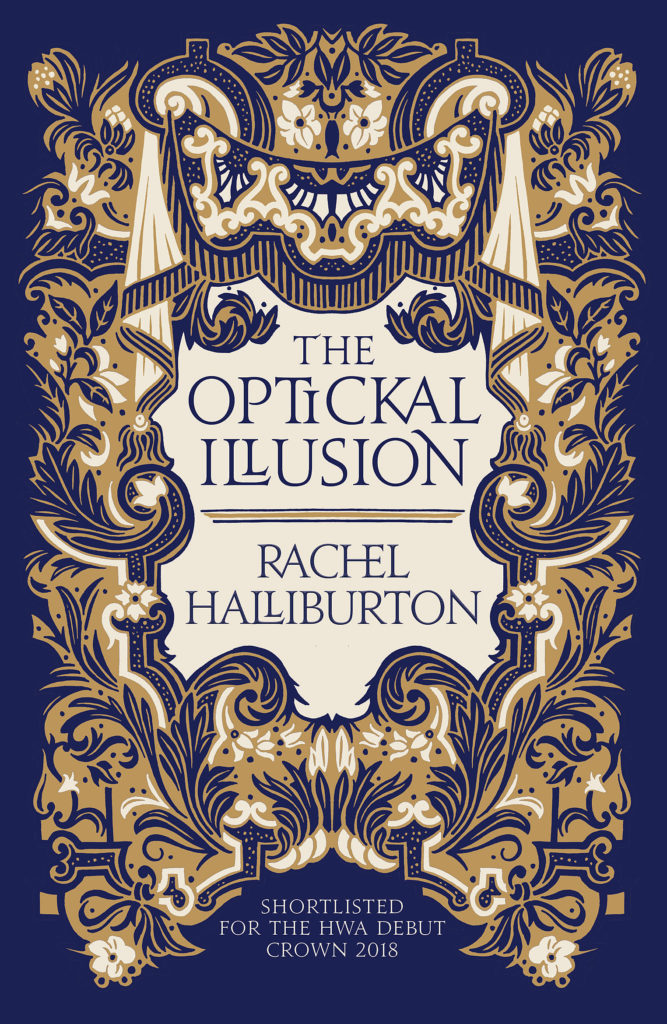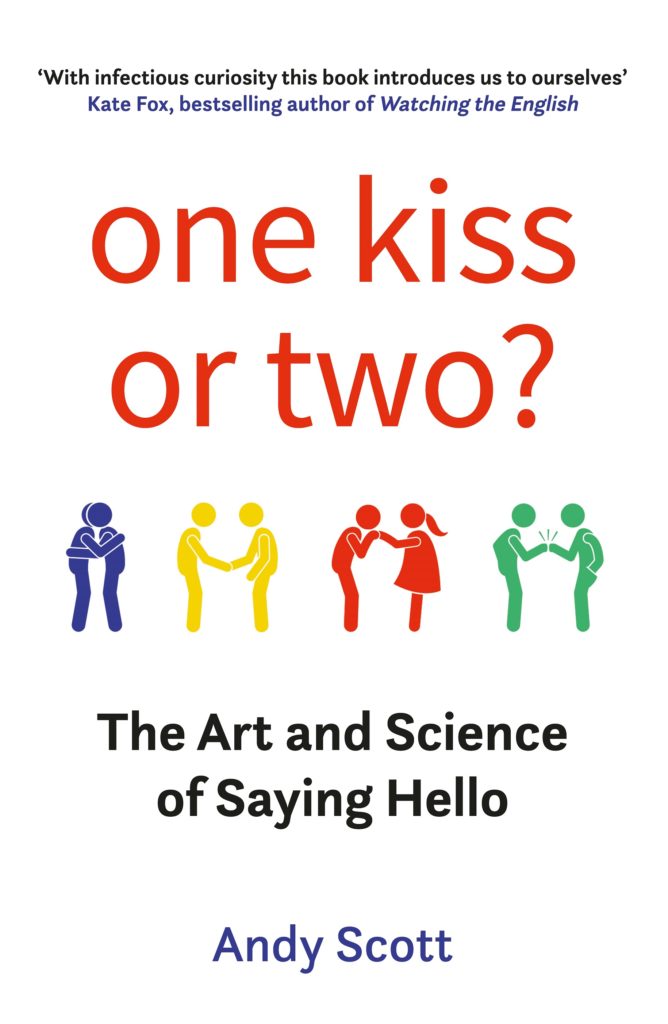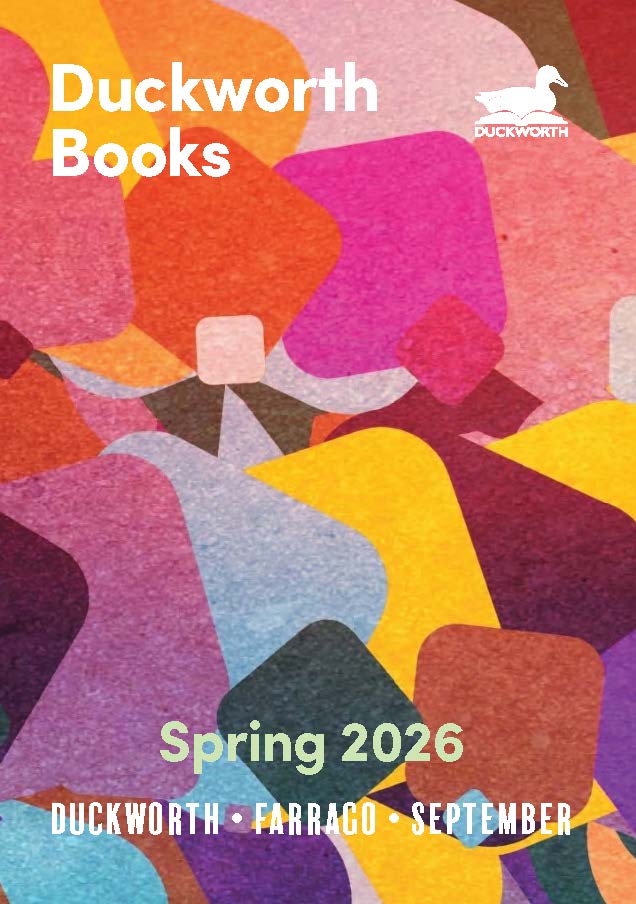
Philosopher Travis Rieder outlines a new ethics for the age of humanmade catastrophe. We are all asking, in a hyperglobalised world hurtling towards environmental destruction: how do we determine the right actions? Do our individual efforts to avoid plastic or air travel, or to drive electric, make any real difference?
We urgently need to expand our ethical toolkit. The mental tools most of us rely on to ‘do the right thing’ just don’t work when it comes to reasoning about large collective problems. From the small stuff like single-use plastics to major decisions like whether to have children, Rieder defines exactly how we can change our thinking and lead a decent, meaningful life in a scary, complicated world.



